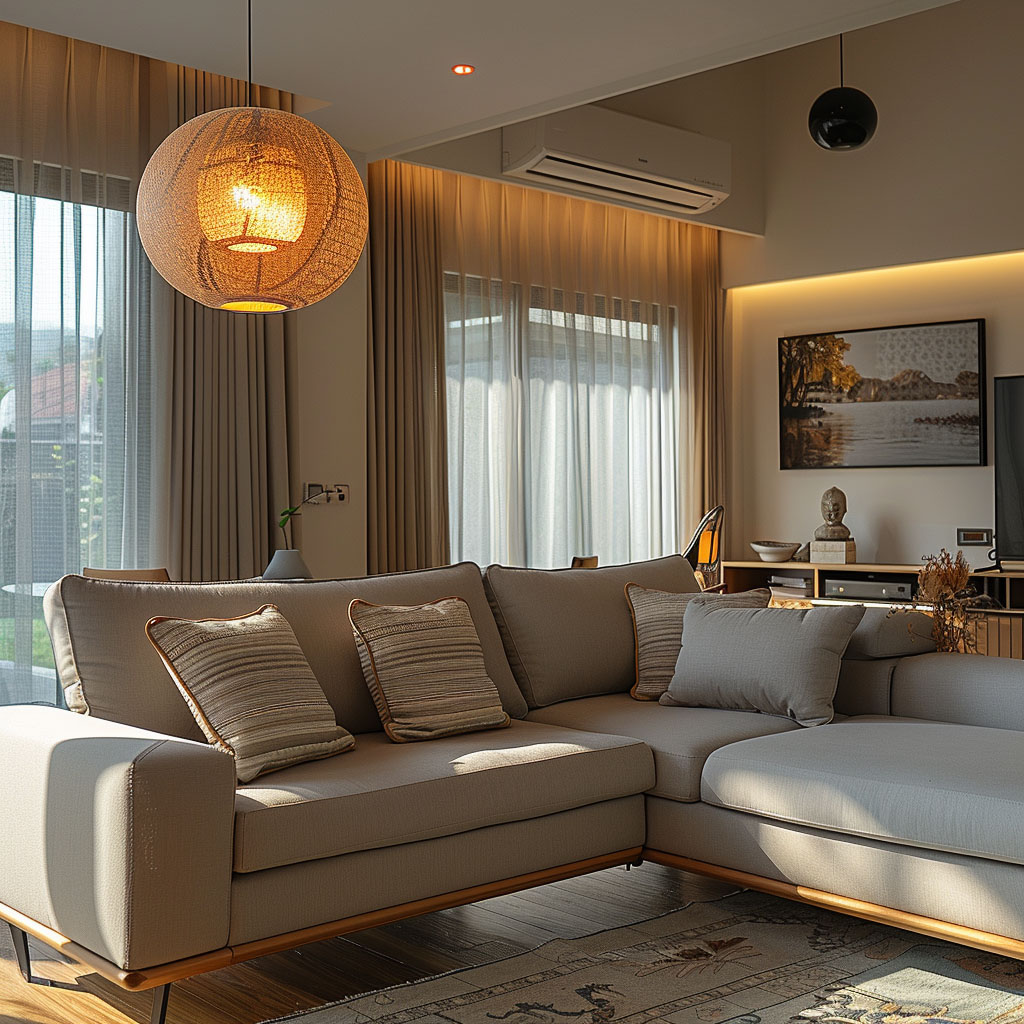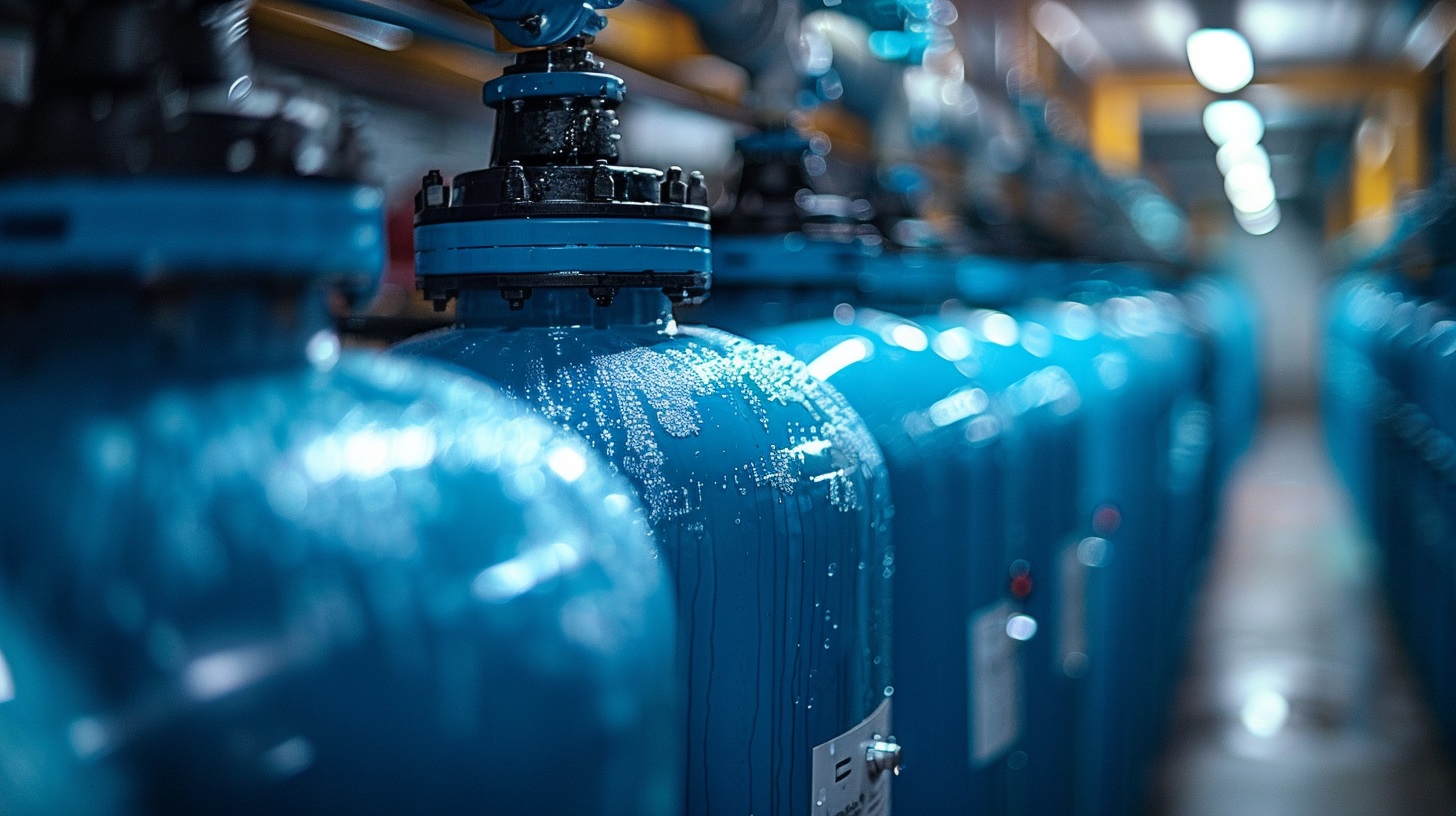Introduction
In today's world, where energy performance is ending up being a top concern for home owners and organizations alike, the heat pump installation has actually emerged as a smart remedy. Not only do heatpump supply home heating during the cold months, but they can additionally properly amazing areas when temperatures increase. With improvements in innovation and expanding problems concerning ecological impact, going with heatpump is not simply a fad; it's an aware option in the direction of sustainability and savings.
But exactly what makes heatpump installation such a wise choice? This article digs deep into the ins and outs of heatpump, discovering their advantages, setup processes, upkeep demands, and just how they compare to conventional heating techniques. Whether you're taking into consideration setting up one or just interested regarding how they work, you remain in the best place.
Heat Pump Setup: A Smart Selection for Energy Efficiency
When we talk about power effectiveness in heating and cooling systems, heat pumps commonly entered your mind. They utilize electrical energy to transfer warm rather than generating it via combustion like conventional systems. This effective mechanism allows them to provide up to 3 times much more power than they eat.
What Is a Warm Pump?
A heat pump is basically a device that moves heat from one location to another. It can soak up warm from the air or ground outside your home and launch it inside during winter season while doing the opposite in summertime. This twin capability is what makes it various from conventional a/c systems.
How Does Heat Pump Innovation Work?
The procedure of a heatpump entails 4 primary elements:

The cyclical procedure allows for both heating and cooling down capabilities with marginal energy consumption.
Why Pick Warm Pumps Over Conventional Systems?
- Energy Efficiency: As stated earlier, heat pumps are extremely efficient due to their approach of moving rather than generating heat. Cost Savings: Although preliminary costs could be greater contrasted to standard heater, long-term cost savings on energy expenses make it a financially sound choice. Environmental Impact: Reduced carbon exhausts contribute to lowering your carbon footprint. Versatility: One system can manage both home heating and cooling down demands throughout the year. Longevity: With proper maintenance, heat pumps can last as much as 15 years or more.
Understanding Various Sorts of Warmth Pumps
Air Resource Warm Pumps
These are the most common kinds that extract warmth from outdoors air also when temperatures are low.
Ground Source (Geothermal) Heat Pumps
These systems utilize underground thermal energy and are unbelievably reliable however featured greater installation costs due to comprehensive ground excavation.

Water Resource Warm Pumps
Ideal for residential properties near water bodies, these systems extract thermal energy from water sources.
Heat Pump Installation Refine Explained
Step 1: Analyzing Your Needs
Before any kind of installation happens, it's important to review your specific heating & cooling requirements. Consulting with a seasoned HVAC contractor can assist determine the ideal size and type of system for your space.
Step 2: Picking a HVAC Company
Selecting a trustworthy HVAC company near you is vital for high quality installation. Search for business with solid reviews like "HVAC Company Boise" or "HVAC Contractor Boise." They need to have experience in installing numerous sorts of a/c systems including furnace replacement or central air service.
Step 3: Preparing Your Home
Ensure that your home's insulation suffices prior to installation starts. Appropriate insulation maximizes efficiency by stopping thermal loss.
Step 4: Installation Day!
On this particular day, professionals will certainly install outside and indoor systems according to supplier specifications and regional codes. The procedure typically consists of:

- Mounting outside units Installing indoor air handlers Connecting cooling agent lines Ensuring electrical connections are safe
Step 5: Testing System Performance
Once set up, technicians will run https://www.tumblr.com/eclecticglitterphantom/772261120310493184/recognizing-central-heating-repair-common-issues examinations to ensure whatever runs efficiently. They'll check airflow prices, thermostat function, and total efficiency levels.
Heat Pump Upkeep Tips for Longevity
To maintain your brand-new system running effectively with time, normal maintenance is crucial:
Schedule annual HVAC maintenance near you. Change filters every 1-- 3 months. Clean outside devices regularly. Ensure clear accessibility around all systems for airflow. Keep track of any type of uncommon sounds or operational issues-- do not think twice to require emergency furnace repair if needed!Common Misunderstandings Concerning Warmth Pumps
Myth # 1: They're Ineffective in Cold Weather
Contrary to this belief, contemporary heatpump are designed successfully enough to operate even when temperature levels dip listed below freezing!
Myth # 2: They're Also Expensive
While first prices might be more than typical systems, the long-lasting financial savings in energy bills typically exceed these upfront expenses.
FAQs Regarding Heatpump Installation
How much does it set you back to set up a heat pump?- Costs vary based on size and type however typically range in between $3,500 - $8,000 including labor.
- Sizing depends upon square video; seeking advice from an HVAC contractor near you ensures exact computations utilizing Hand-operated J methods.
- While DIY setups may be tempting, it's recommended to employ experts for security factors and service warranty protection.
- With proper care & & upkeep strategies from an HVAC company Boise area specialists suggest routine checks yearly; life-span normally ranges from 10-- 15 years relying on use conditions!
- Yes! Lots of states provide motivations or tax obligation credit ratings for energy-efficient upgrades consisting of mounting qualified designs so check neighborhood resources!
- Regular filter changes & & annual tune-ups by qualified specialists ensure optimal efficiency throughout its lifecycle!
Conclusion
In conclusion, investing in a heat pump installation represents not just an upgrade in home comfort however likewise straightens carefully with modern-day worths concerning sustainability and financial performance-- making it certainly a clever choice! By understanding exactly how these systems work and recognizing their advantages over typical ones along with correct aftercare via accredited service providers such as emergency furnace repair options close by you'll make certain optimal returns on investment while taking pleasure in year-round environment control without damaging bank accounts down line way too much either way!